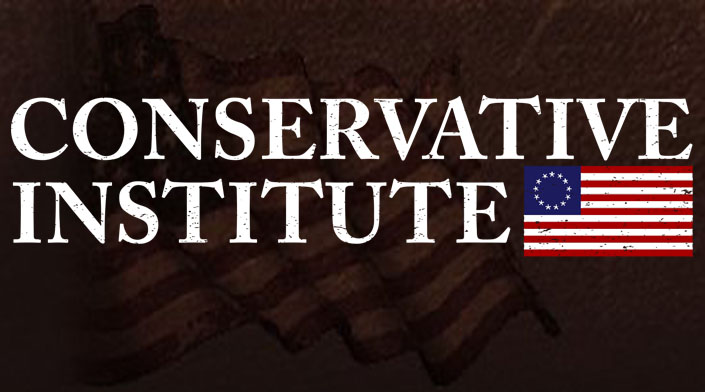Supreme Court could soon decide whether or not to ban TikTok in the U.S.
Last year, a bipartisan Congress passed, and President Joe Biden signed, a bill into law that would effectively ban the popular social media platform TikTok in the U.S. unless its Chinese government-linked parent company, ByteDance, sold the platform to U.S.-approved buyers.
Next week, the U.S. Supreme Court will hear oral arguments both for and against the prospective ban as part of an expedited legal challenge of the law's constitutionality, the BBC reported.
Those arguments are set for Jan. 10, leaving the court little more than a week to then decide whether to overturn or uphold the challenged law before a Jan. 19 deadline by which TikTok must be sold or banned.
Law requires TikTok sale or ban
At issue here is the Protecting Americans from Foreign Adversary Controlled Applications Act, which as the name implies seeks to protect Americans from potential harm from social media platforms and other online apps that are controlled by foreign adversaries like China, Iran, North Korea, and Russia.
Proponents of the law, including the Biden administration, argue that the act is necessary to guard against adversaries like China using apps like TikTok to subversively collect user data, spy on U.S. citizens and Chinese dissidents, or spread disinformation and propaganda, all of which has been deemed a national security threat.
The law's opponents, meanwhile, counter that the law unfairly targets the popular social media platform among other apps that could be similarly misused, as well as that a forced sale or ban violates First Amendment-protected free speech rights of the platform, its parent company, and its estimated 170 million users in the U.S.
Briefs submitted ahead of scheduled arguments
According to SCOTUSblog, TikTok and ByteDance filed a lawsuit to block the law from taking effect, as did several of the platform's American users in a separate challenge, only for their requests to be denied by the D.C. Circuit Court of Appeals, which was granted "exclusive jurisdiction" by Congress over the law and ruled to uphold it as constitutional.
That led TikTok, ByteDance, and the platform's users to seek emergency intervention and a stay of the law's impending Jan. 19 deadline at the Supreme Court, and though the justices declined to issue the requested stay, they did agree to take up and consolidate the two cases on an expedited timeline under TikTok, Inc. v. Garland.
Briefs were submitted by a Dec. 27 deadline ahead of the Jan. 10 oral arguments, and as expected, the Biden administration and other supporters of the law laid out their national security-based arguments for why TikTok must be sold by its Chinese government-linked parent company or banned within the U.S.
Similarly, the platform, company, and users, along with other opponents of the law, explained how the law was unconstitutional and should be overturned before a potentially "devastating" ban took effect.
Interestingly enough, President-elect Donald Trump also submitted a brief that took neither side in the dispute but merely asked the Supreme Court to delay the law's deadline until after he had taken office and had an opportunity to try and negotiate a new deal to both avoid a TikTok ban while addressing the security concerns.
What happens if ...?
It is unclear at this point how the Supreme Court's nine justices will rule on the matter of the impending TikTok ban, though how the oral arguments play out on Jan. 10 may give some indication of which direction at least some of the justices may be leaning.
If the law is upheld and ByteDance is unable to sell TikTok before Jan. 19, online marketplaces like app stores would be prohibited from offering the platform to be downloaded, and web hosting platforms and internet service providers would be prohibited from allowing the app to be updated or maintained on devices where it was already downloaded.
As for President-elect Trump's request for more time to negotiate a new deal, it is unknown if the court will grant that requested delay or what a new arrangement that could satisfy all parties involved might look like.

